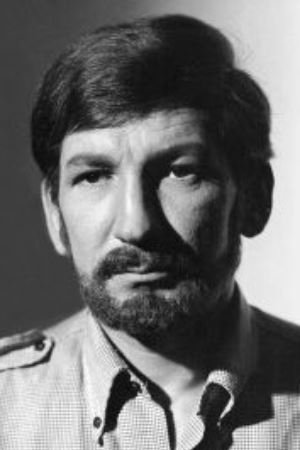
One hundred years after the invention of film, Croatian film icon Mr. Fulir, who serves as the author’s alter-ego, comes up with the Faustian idea to bring back his youth. With a group of famous actors, he enthusiastically attempts to remake lost Croatian films from the silent era.
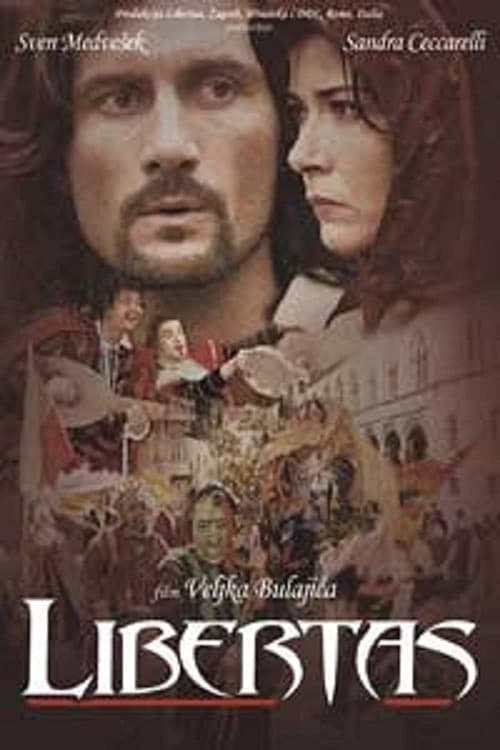
The film is set in mid-16th century, at a time when the entire eastern Mediterranean is dominated by two great empires, the Ottoman Empire and the Republic of Venice, with the small but wealthy maritime republic of Ragusa (modern-day Dubrovnik) managing to maintain its independence through diplomatic agreements.
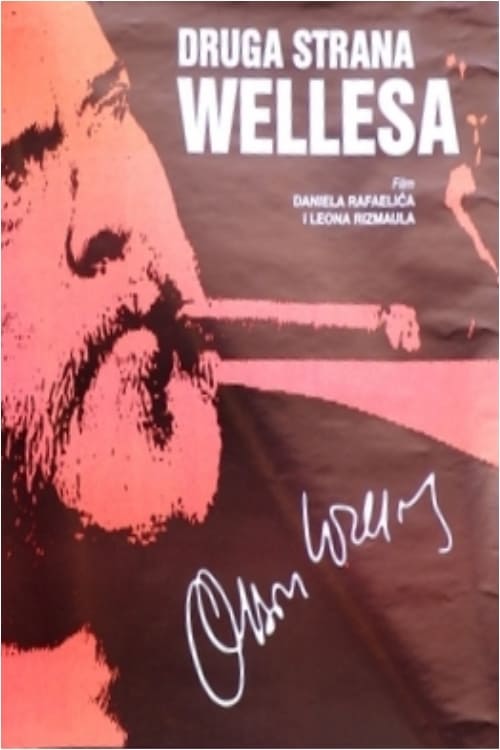
Film The Other Side of Welles portrays the life, work and intellectual heritage of Orson Welles in Yugoslavian federal unit "Socialist Republic of Croatia". Through the period of 25 years, he appeared as actor in several co productions made in Croatia (David and Goliath, Tartars, Austerlitz) - acted in few Yugoslavian film (Battle of Neretva, The Secret of Nicola Tesla) and directed two of his own film: The Trial and The Deep. As a Hollywood maverick, in Croatia he often found his shelter. Through the never before seen archive materials and the interviews with the people who worked with him, directors of this film, in the 90th anniversary of his birth and 20th of his passing, reveal the other side of Orson Welles
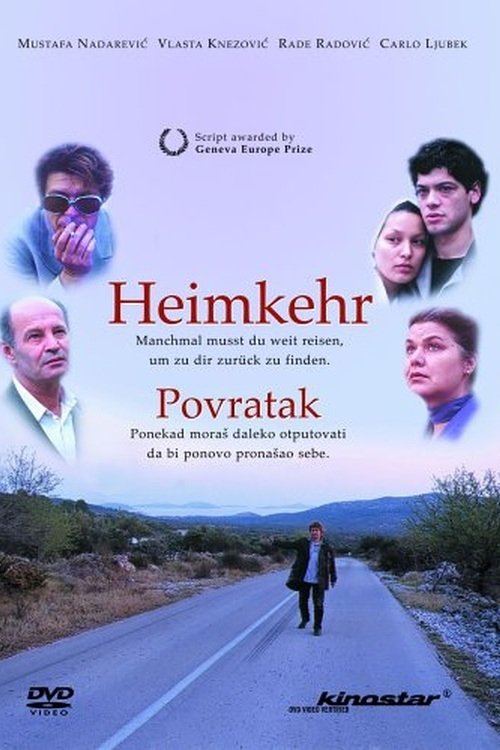
Thirty-five old Nikola comes back home after he had left a year ago, in a quarrel. His father Vlado and mother Anica came to Germany when they were young, looking for happiness.
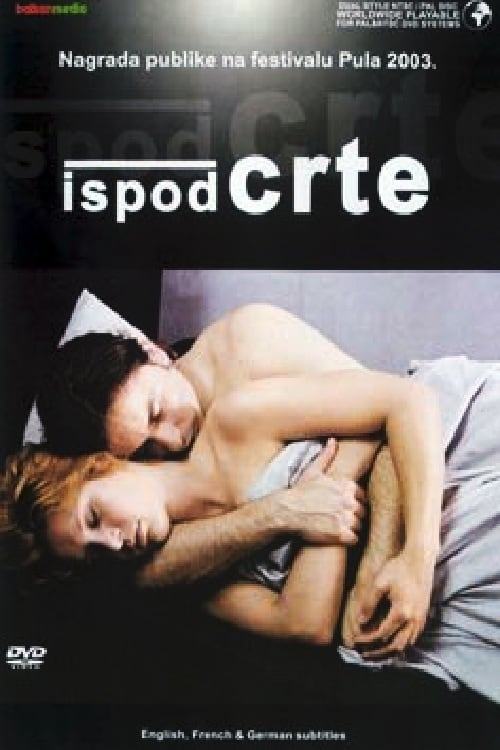
A young man finds himself torn between the love for his girlfriend and his family's hardship.
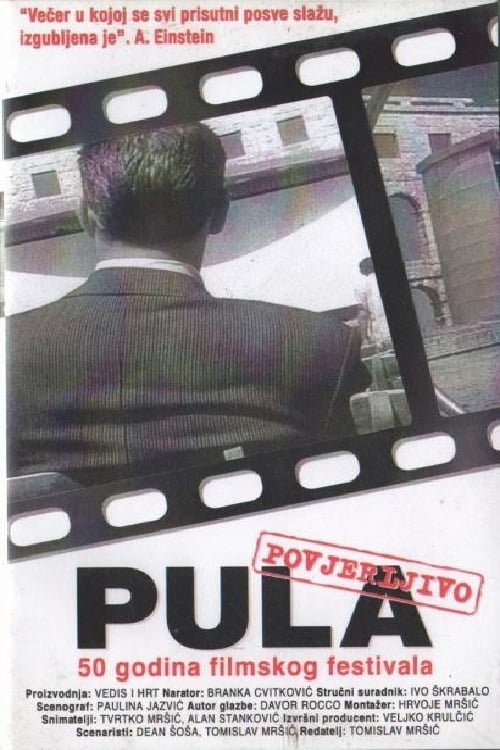
A documentary about the history of Yugoslavian Film Festival in Pula and ex-Yu cinema in general. Many legends of ex-Yu cinema were interviewed here.
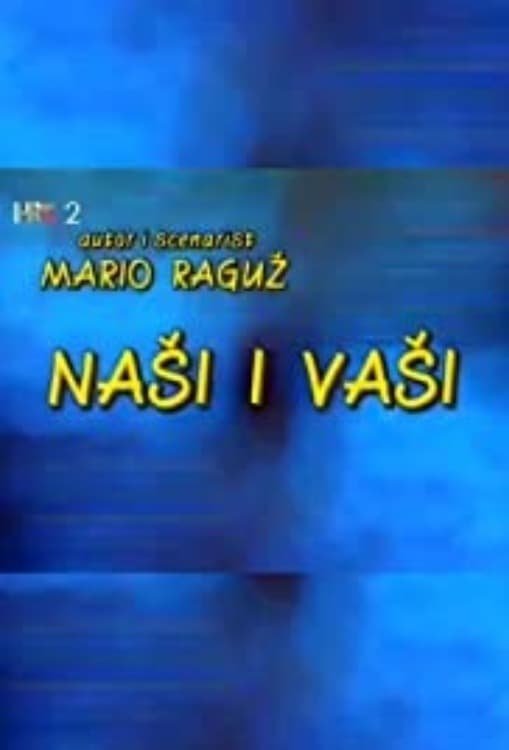
While expecting their child, a student couple announce to their parents that they will marry. Both sets of parents are against it, but when the proposal takes place, the things take unexpected turn.
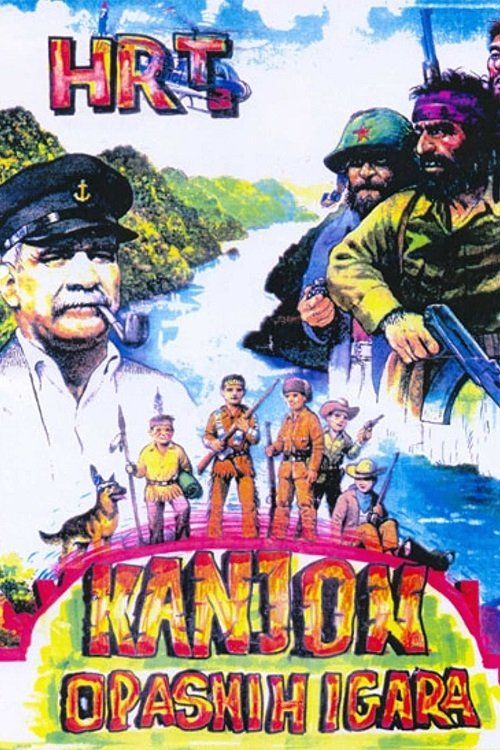
A German family Keller arrives to the coastal village to spend summer holidays with their Croatian friends. Horst Keller and Roger Katushic were friends ever since Karl May's film adaptations took place there. Their children were friends for years, too, and they look forward to the reunion. Fantasizing about free life and "cowboys & Indians" adventures in the canyon of the Cetina river, the boys go there without knowing that the three cruel Chetniks who had just escaped from prison hide there.
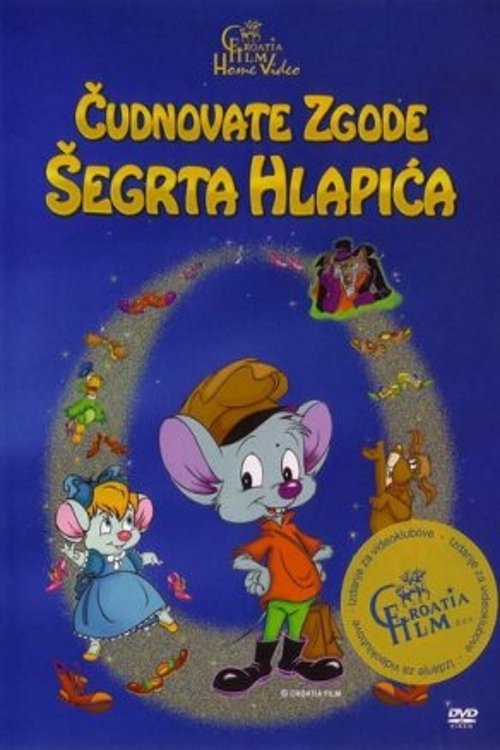
Fed up with the harsh treatment his master has given him, a brave little mouse (and later his dog, Brewster) sets off on an adventure.
From Wikipedia, the free encyclopedia Relja Bašić (14 February 1930 – 7 April 2017) was a Croatian actor, one of the most prolific and versatile Croatian actors with a career which lasted for more than half a century. He first appeared on screen in 1954 classic film Koncert. Through the decades, he played many different roles in many different films, often in international co-productions. He never became a star, but remained one of the most recognisable and dependable character actors. His specialty were the roles of suave aristocratic villains, especially in historic films dealing with World War II, but his best remembered role is Mr. Fulir in 1970 cult musical comedy Tko pjeva zlo ne misli. In the 1990s, Relja Bašić was an enthusiastic supporter of the Croatian Social Liberal Party. During 1992 parliamentary elections he appeared as that party's candidate in one of Zagreb constituencies. He lost that race to Nedjeljko Mihanović of HDZ in controversial circumstances. A few months later, on elections for upper House of Croatian Parliament, he won the seat representing City of Zagreb. Relja Bašić also acts as a UNESCO Artist for Peace. Bašić, several years earlier from his death, suffered from a femur fracture and as a result it restrained his movement. Bašić died on 7 April 2017 in Zagreb, Croatia. Description above from the Wikipedia article Relja Bašić, licensed under CC-BY-SA, full list of contributors on Wikipedia.
By browsing this website, you accept our cookies policy.